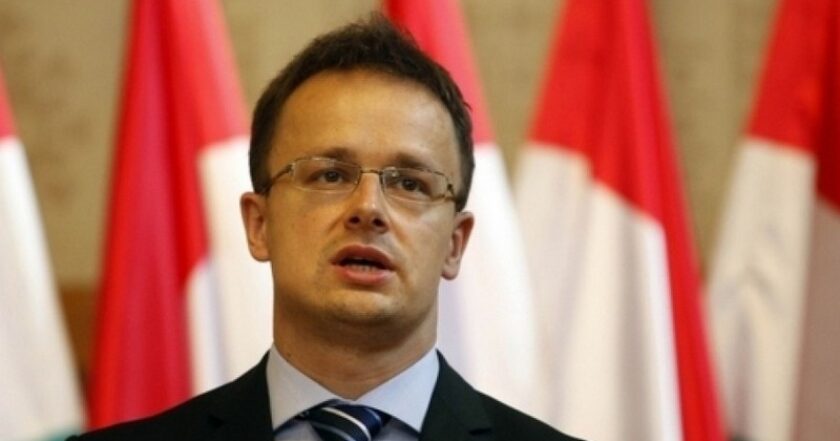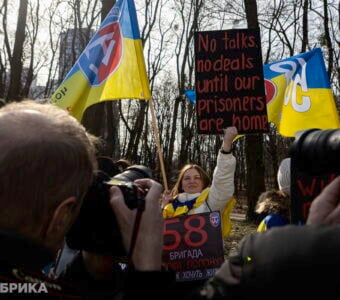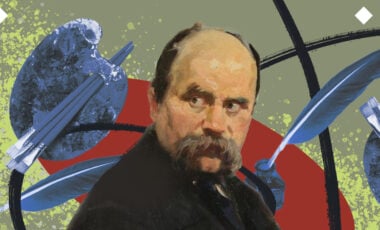Hungarian FM warns of halting Ukraine's EU joining process over suspension of Russian energy transit

Hungarian Foreign Minister Peter Szijjártó has threatened Ukraine with blocking its entry into the European Union in response to the registration in the Verkhovna Rada of Ukraine [Ukraine's parliament – ed.] of draft law No. 12380, which provides for a ban on the transit of Russian oil and gas through the territory of Ukraine during martial law.
Szijjártó wrote this on his Facebook page.
As Szijjártó noted, there exists a reality where rights and obligations coexist. Furthermore, the Hungarian Foreign Minister stressed that the EU's decision-making process for accepting new member countries relies on the unified and unanimous agreement of all current member nations.
He emphasized that each state has the sovereign right to choose the sources and routes of supply of energy carriers necessary for its functioning and that external influence in this matter is unacceptable.
"Each country has the sovereign right to decide where and how it buys the energy it needs to operate. No one from the outside can influence this. No one has the right to impose more expensive, less secure energy sources on another country.
A country that concludes an association agreement with the EU or even wants to become a member of the EU is obliged to contribute to the EU's energy security by providing transport routes. Therefore, closing gas or oil routes is unacceptable and contradicts the expectations associated with EU integration," Szijjártó noted.
It should be mentioned that the day before, the Hungarian foreign minister accused Ukraine of putting the European Union in a difficult economic situation by stopping the transit of Russian gas.
As he stated, "even the most fanatical Brussels people" cannot deny that the European Union's competitiveness has recently "deteriorated sharply."
He claims that one of the main reasons is that "gas prices in Europe have become much higher than those of our competitors."
"The increase in European natural gas prices has mainly been caused by measures that artificially reduce its quantity, such as eliminating some natural gas sources through sanctions or policies, as well as blocking certain transport routes," the Hungarian said.
At the same time, Szijjártó noted that Hungary has diversified its gas sources, so the rise in energy prices in Europe will not significantly impact the country.
He blamed Ukraine for the recent suspension of Russian natural gas transit to Central Europe, which has caused the price increase.
"Since the suspension of the Ukrainian transit route became final in mid-December, the price of natural gas on the European market has increased by 20%. Thus, although Ukraine is trying to join the EU as a candidate, its latest decision has once again put the European economy in a difficult situation. This is especially true for Central Europe," he noted.
The Hungarian Foreign Minister said he had met with his Slovak counterpart Juraj Blanár to "analyze the situation" that has developed since the suspension of Russian gas transit.
"We agreed that both sides must respect the association agreement between the EU and Ukraine, and this agreement also provides for the preservation of energy transportation routes," Szijjártó added.
For reference:
Naftogaz's contract with Gazprom from 2019 allows the transportation of 40 billion cubic meters of gas annually.
It should be noted that Gazprom is not paying under its contract for the Sokhranivka gas pipeline route, located in the occupied zone.
Volodymyr Zelensky stated that Ukraine will not extend the gas transit agreement with Russia, which expires on January 1, 2025. However, Ukraine has discussed transiting Azerbaijani gas to the EU.
This caused outrage in Slovakia. Slovak Prime Minister Robert Fico personally traveled to Kyiv to persuade the Ukrainian government to extend the contract.
One of Fico's arguments was that if Ukraine "wants to preserve the infrastructure, it should use it." He also emphasized that both countries would benefit from the transit, as Slovakia would pay Ukraine transit fees.
However, Ukrainian Prime Minister Denys Shmyhal explained that imposing sanctions on Russian gas and depriving Russia of the ability to finance a war with it was "Ukraine's strategic goal."

Biden administration plans news sanctions against Russian oil tankers – Reuters

Ukraine officially halts Russian gas transit

Ukraine prepared in advance to halt Russian gas transit — Ukraine's energy minister


















































